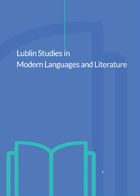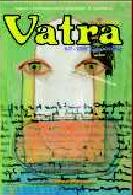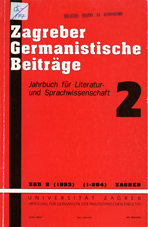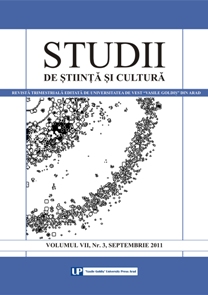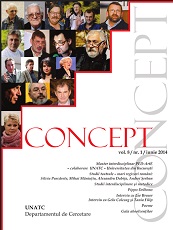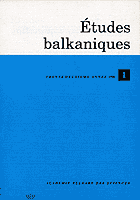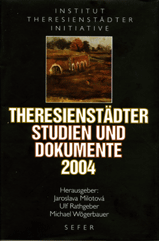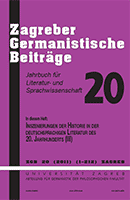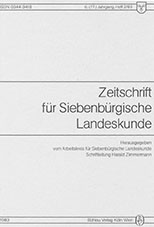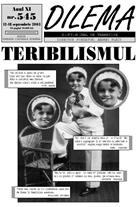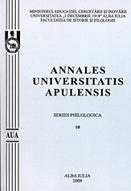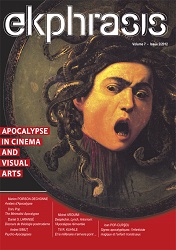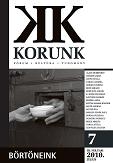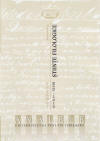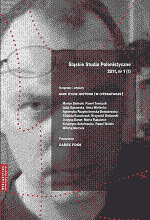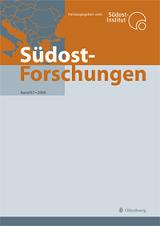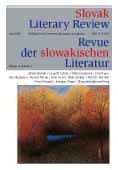Revista „Cultura creştină” între tradiţie şi continuitate
Author(s): Iuliana Wainberg / Language(s): Romanian
/ Issue: 1/2009
Keywords: “Cultura creştină” Magazine; cultural values; articles; 1911; editorial; continuity
“Cultura Creştină” [The Christian Culture], a magazine for religious culture and education, was published bimensal in Blaj. The publishing period was 1911-1926 and 1936-1944 (excepting July and August). The initial editorial board had the following members: Dr. Ioan Sâmpăleanu, Ştefan Roşianu, Dr. Alexandru Nicolescu, Dr. Alexandru Rusu and Dr. Ioan Coltor. The end of 1926 was also the end of the first appearance period for “Cultura creştină”. A new editorial series of the magazine is published between 1936 and 1944. The new editorial board has as members: Victor Macaveiu (president), Dumitru Neda (secretary), Ion Agârbiceanu, Ioan Balan, Nicolae Brînzeu, Alexandru Lupeanu, Titus Malai, Zenovie Pâclişanu, Augustin Pop and Aloisiu Tăutu.
The magazine brings to its readers studies having a religious feature, notes, chronicles, book reviews, bibliographies, articles dedicated to several clerics and well-known personalities of that time, articles on the problems of the orphanages, on the material conditions of the Greek-Catholic clergy, some of Ion Agârbiceanu’s creations, articles on the contemporary social problems, also sermons and pastorals on different religious events. Ioan Georgescu, Teodor Murăşanu, Ştefan Tăşiedanu, Virgil Pop, Irina Berinde, Iuliu Maior, Ioan Modrigan, Ioan Pop de Zăicani, Septimiu Popa, Iosif Sângeorgeanu, dr. Augustin Tatar, dr. Ioan Ferenţ, Ionel Bârsan, Aurel Marcu, Ştefan Manciulea, I. Miclea, Dr. Iuliu Haţieganu, Iuliu Raţiu, Coriolan Suciu, Dumitru Lucaciu sign all as authors in the pages of the magazine. The magazine definitively stopped its appearance in 1944. Our paper aims to present the most important editorial moments of the magazine „Cultura creştină", with a highlight on the issues published during the first half of the twentieth century, especially because the ordinary reader has a difficult access to their pages. We are also presenting copies of some very interesting articles published in “Cultura creştină” by several acknowledged cultural personalities from the beginning of the past century.
More...
